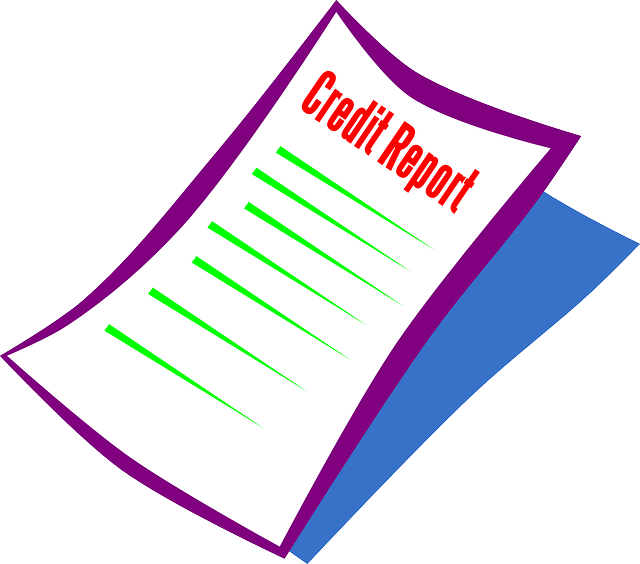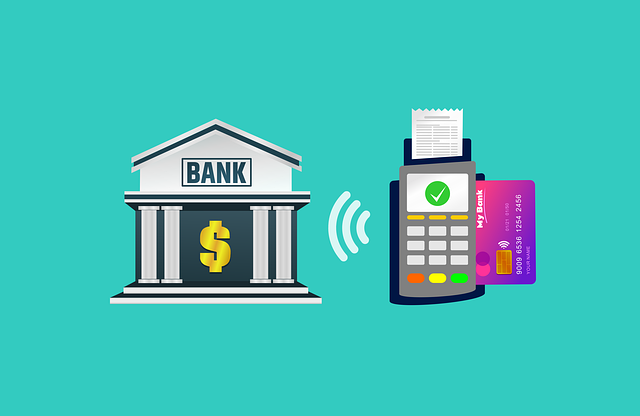In South Africa, a high credit score is crucial for financial access. Improve it quickly by focusing on: payment history (35% of your score), keeping debt below 30%, and maintaining a long credit history. Strategies include timely bill payments, disputing errors on your credit report, using credit cards responsibly with low balances, and keeping old accounts open. Regularly review your credit report for inaccuracies to boost your creditworthiness and quickly increase your credit score.
Looking to boost your credit score in South Africa? This guide provides practical tips and strategies to increase your score by 50 points or more. From understanding the basics of credit scoring to navigating common factors affecting your creditworthiness, we cover it all. Discover quick wins, learn how to build a solid payment history, utilize credit cards responsibly, and regularly review your credit report for inaccuracies. Get ready to take control of your financial future with these effective strategies.
- Understanding Your Credit Score: The Basics for South Africans
- Common Factors Affecting Your Creditworthiness in SA
- Quick Wins: Simple Steps to Boost Your Score Fast
- Building a Solid Payment History: Strategies for Success
- Utilizing Credit Cards Responsibly: Tips and Tricks
- Regularly Review and Dispute Inaccuracies: Taking Control
Understanding Your Credit Score: The Basics for South Africans
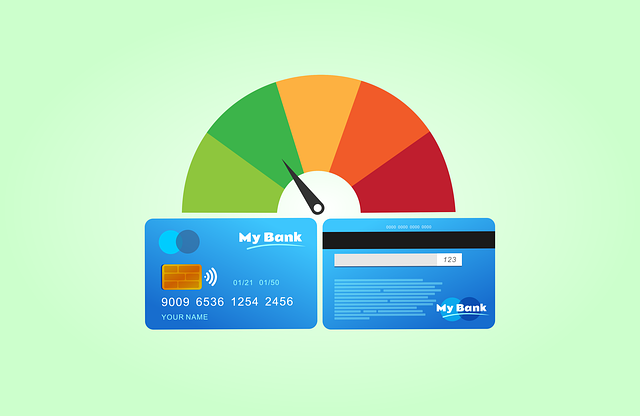
In South Africa, your credit score is a numerical representation of your financial trustworthiness and is crucial for accessing loans, credit cards, and even rental properties. It’s determined by your credit report, which tracks your financial history over time. A higher credit score indicates to lenders that you’re likely to repay debts on time, making it easier to secure favourable loan terms. Understanding how this score is calculated and what factors influence it is the first step towards quickly improving it.
Your credit score is primarily based on several key factors: payment history (the most significant), credit utilisation, length of credit history, new credit, and types of credit used. Promptly paying your bills, keeping credit card balances low, and maintaining a mix of different types of credit can significantly boost your score. Additionally, regularly checking your credit report for errors or signs of fraudulent activity is essential to ensuring accuracy and preventing unnecessary drops in your creditworthiness.
Common Factors Affecting Your Creditworthiness in SA

In South Africa, your creditworthiness is assessed based on several key factors that influence your credit score. Understanding these elements is crucial when aiming to increase your score quickly. One significant factor is payment history, which accounts for 35% of your overall credit score. Making timely payments on all your loans and credit cards is essential; even a single late payment can negatively impact your rating.
Another critical aspect is the amount of debt you carry, making up 30% of your score. Credit utilisation refers to the ratio of your outstanding debt to your available credit limit. Maintaining low credit utilisation (ideally below 30%) demonstrates responsible borrowing practices. Additionally, the length of your credit history matters; longer histories provide lenders with a more comprehensive view of your financial behaviour. How To Increase Credit Score Quickly can be achieved by focusing on these areas, ensuring timely payments, keeping debt levels manageable, and maintaining an extended credit history.
Quick Wins: Simple Steps to Boost Your Score Fast
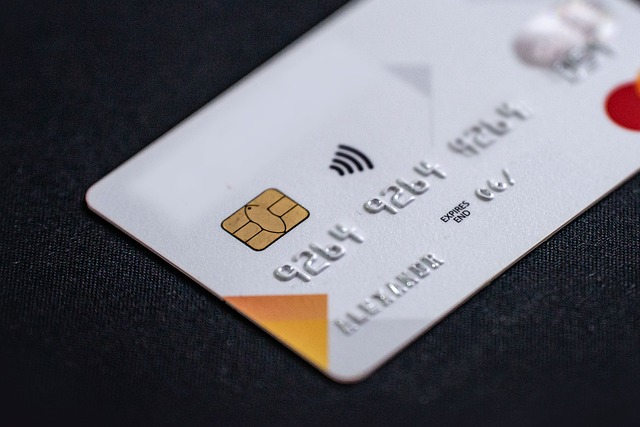
Boosting your credit score quickly doesn’t have to be a complex process. There are several simple steps you can take immediately to start seeing improvements in your South African credit score. Firstly, ensure that all your account information is accurate and up-to-date on your credit report. Check for any discrepancies or errors and dispute them with the credit bureau. Secondly, make payments on time. Late payments can significantly damage your score, so set up reminders or automatic payments to avoid lapses.
Thirdly, keep a low balance on your credit cards. Aim to use less than 30% of your available credit limit. This demonstrates responsible borrowing and can lead to a rapid increase in your score. Lastly, consider closing old accounts that you don’t use regularly. While it might seem counterintuitive, closing accounts with a long history can negatively impact your average account age, affecting your overall creditworthiness.
Building a Solid Payment History: Strategies for Success

Building a solid payment history is one of the most effective ways to quickly increase your credit score in South Africa. The key lies in consistent and timely payments. Set up automatic payments for your bills, including credit card statements, to ensure you never miss a deadline. This demonstrates responsible financial management to credit bureaus, which positively impacts your score.
To achieve success, start by prioritizing high-interest debt and work towards settling it promptly. Consider the snowball or avalanche methods, where you focus on clearing smaller debts first (snowball) or the largest ones with highest interest rates (avalanche). Additionally, maintaining low credit utilization is crucial; aim to keep your credit card balances below 30% of your available credit limit. This simple step can significantly boost your creditworthiness.
Utilizing Credit Cards Responsibly: Tips and Tricks
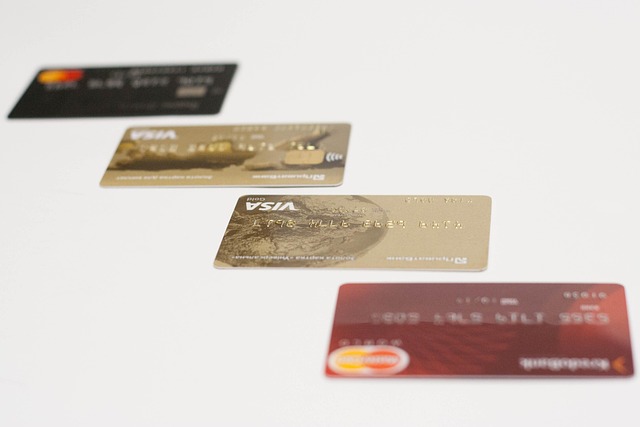
Utilizing credit cards responsibly is a key strategy in quickly boosting your credit score. One effective tip is to maintain low credit utilization, which refers to the amount of available credit you’re using at any given time. Aim to keep your credit utilization below 30%. This means if you have a credit card with a R10,000 limit, try not to spend more than R3,000 on it each month. Paying off your balance in full every month is ideal, but if that’s not possible, even making minimum payments on time can significantly impact your score.
Additionally, consider keeping older credit accounts open. The length of your credit history is a factor in calculating your credit score. Closing old accounts might negatively affect this aspect. If you have a credit card that you rarely use but have had for years, keep it active by using it sparingly and paying off the balance promptly. This shows lenders that you’re a responsible borrower with a long track record of managing credit.
Regularly Review and Dispute Inaccuracies: Taking Control
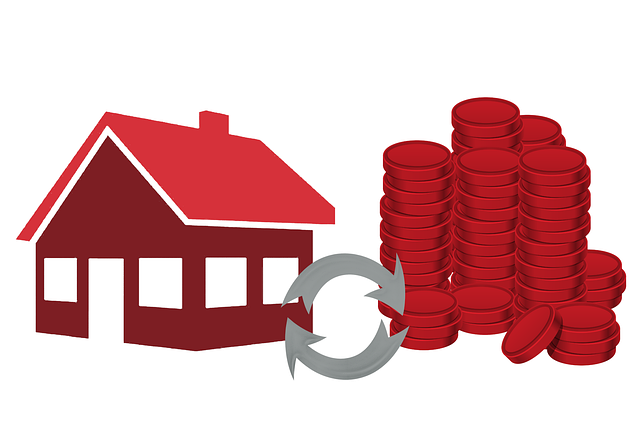
Regularly reviewing your credit report is a crucial step in increasing your credit score quickly. By doing so, you can identify any inaccuracies or discrepancies that may be pulling down your score. In South Africa, you are entitled to one free credit check per year from each of the country’s three major credit bureaus. Utilise this right to monitor your progress and take control of your financial health.
When reviewing your report, dispute any errors you find. Inaccurate information, such as late payments that were actually on time or accounts closed without your consent, can significantly impact your score negatively. Contact the relevant credit bureau and provide evidence to support your case. Correcting these inaccuracies can boost your creditworthiness and help increase your credit score by a substantial margin in no time.
Boosting your credit score is an achievable goal in South Africa with the right strategies. By understanding your current standing, navigating common pitfalls, and implementing quick wins like timely bill payments and responsible credit card use, you can increase your credit score by 50 points or more. Regularly reviewing your report for errors and disputing inaccuracies also plays a crucial role in maintaining and improving your financial health. Remember, small changes add up—start today and witness the positive impact on your financial future.



